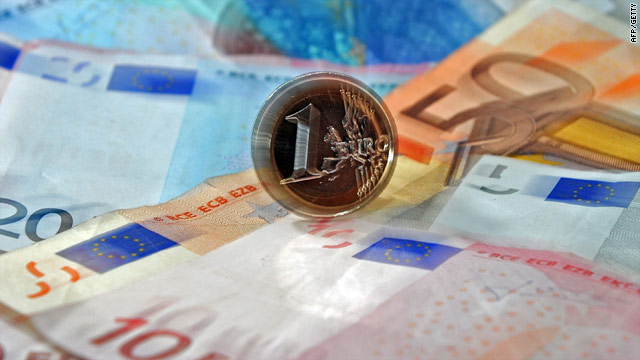
London (CNN) – European markets were given a final-hour fright Friday upon reports of an imminent downgrade for eurozone countries by ratings agency Standard & Poor’s (the influential credit assessors declined to comment when approached by CNN.)
Although largely expected, a cut to the creditworthiness of eurozone countries would be worrying - not least because this week's successful bond sales by Italy and Spain had led many an investor to believe the eurozone was “turning a corner” and getting a grip on its issues.
Learn what's new in CEBU now, click here
In the short-term such a move by one of the big three credit raters would immediately increase the cost of borrowing money on the bond markets for those countries affected.
Further down the line, it would also make it more difficult to raise money for the temporary and permanent stability funds set up to safeguard the euro zone and its single currency.
Already the EFSF has had little success in courting the Chinese for their cash. News of a downgrade would hardly whet the latter's appetite.
Thankfully for bean counters in Brussels and Berlin, media reports suggest Germany - eurozone paymaster-in–chief - will not be on the S&P list of cuts.
That leaves traders’ eyes firmly fixed on France, a country whose relationship with the credit ratings agencies (and the finance industry as a whole) has become increasingly fraught.
French President Nicolas Sarkozy has long bemoaned the role of ratings agencies throughout the eurozone crisis, saying their decisions to downgrade struggling nations only made a bad situation worse.
So sensitive is France about its triple A crown that in November it demanded sanctions after Standard & Poor's erroneously told some clients it had downgraded France (when it hadn't yet done so).
Learn what's new in CEBU now, click here
That said, today's downgrade talk is hardly a surprise. Back in December Standard & Poor's lowered its outlook on 15 eurozone countries, effectively earmarking them for a lower rating. Since then economists have been saying it's a question of when and not if.
Markets veteran Stephen Pope, MD of Spotlight Ideas, says official recognition of the eurozone's higher risk profile couldn't come too soon.
“At long last an agency placed the spotlight on the long standing systemic stresses that are pressuring the single currency region's credit standing,” he said. “Any action that S&P take to downgrade nations will not be before time.”
The question is, will the downgrades come before EU leaders host their first summit of 2012 at the end of the month? And after that, when will Moody's and Fitch follow suit?
No comments:
Post a Comment